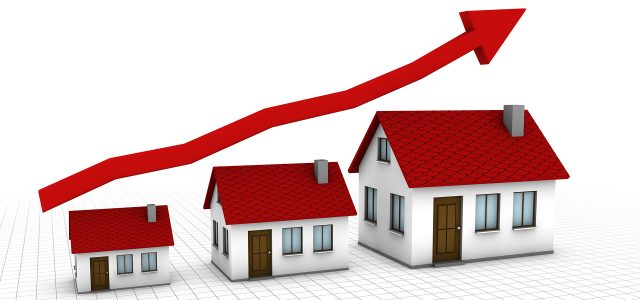
BID TO AID
PROPERTY BOUNCE-BACK
New Government initiatives are set to kickstart the housing market which will have a knock-on effect on other parts of the economy
Buoyant estate agents and mortgage lenders are reporting jumps in interest from prospective buyers who have had time to reflect and reassess their lives and where they live.
This has led to many asking themselves if their current home meets their needs, especially as many more of us could be working from home.
On a financial basis, consumers need confidence to make a decision to move home, whether that’s to downsize, move from renting to owning or moving to a home that better suits their needs.
Earlier this year the Royal Institute for Chartered Surveyors (RICS) called for a stamp duty holiday to help stimulate the home buying and selling market, so the recent announcement by Chancellor Rishi Sunak that there will be no stamp duty to pay on property purchases up to £500,000 until 31st March 2021, has been broadly welcomed.
Stamp duty land tax, to give it its proper name, is a tax paid by someone who purchases a property or piece of land in England – Scotland and Wales have their own systems. The tax is paid when the sale is completed and is based on the sum paid.
Prior to the recent statement, there were two different points at which stamp duty was payable. Stamp duty had to be paid on any property costing more than £125,000 with first-time buyers being exempt unless a property cost more than £300,000.
So what will change?
The starting threshold will be increased to £500,000 on all sales taking place before 31 March 2021. The starting rate above £500,000 will be five per cent and will apply to the part of the sale up to £925,000.
The Chancellor’s announcement is part of the Government initiative to try to kick start the economy after weeks of lockdown. Understandably, the housing market has a knock-on effect on other parts of the economy. As well as everyone employed in the property sector estimates suggest that moving house drives spending equal to about five per cent of the property’s value.
Across the UK many are preparing to spend more time at home, for our work as well as leisure and the benefits of green home improvements will continue to gather momentum, including the need to make improvements to decrease bills.
There is an urgent need to improve the energy efficiency of both commercial and residential buildings, which at the moment contributes significantly to our national energy use and carbon emissions.
New build housing, which has been subject to increasing energy efficiency standards only accounts for a small per centage of the UK building stock so the Government has recognised the need to accelerate the pace of decarbonising the UK’s housing to meet net-zero targets.
So, whether you are looking for a new home that best suits your current needs or looking to adapt your home to make it greener and more efficient, now is the best time act.

